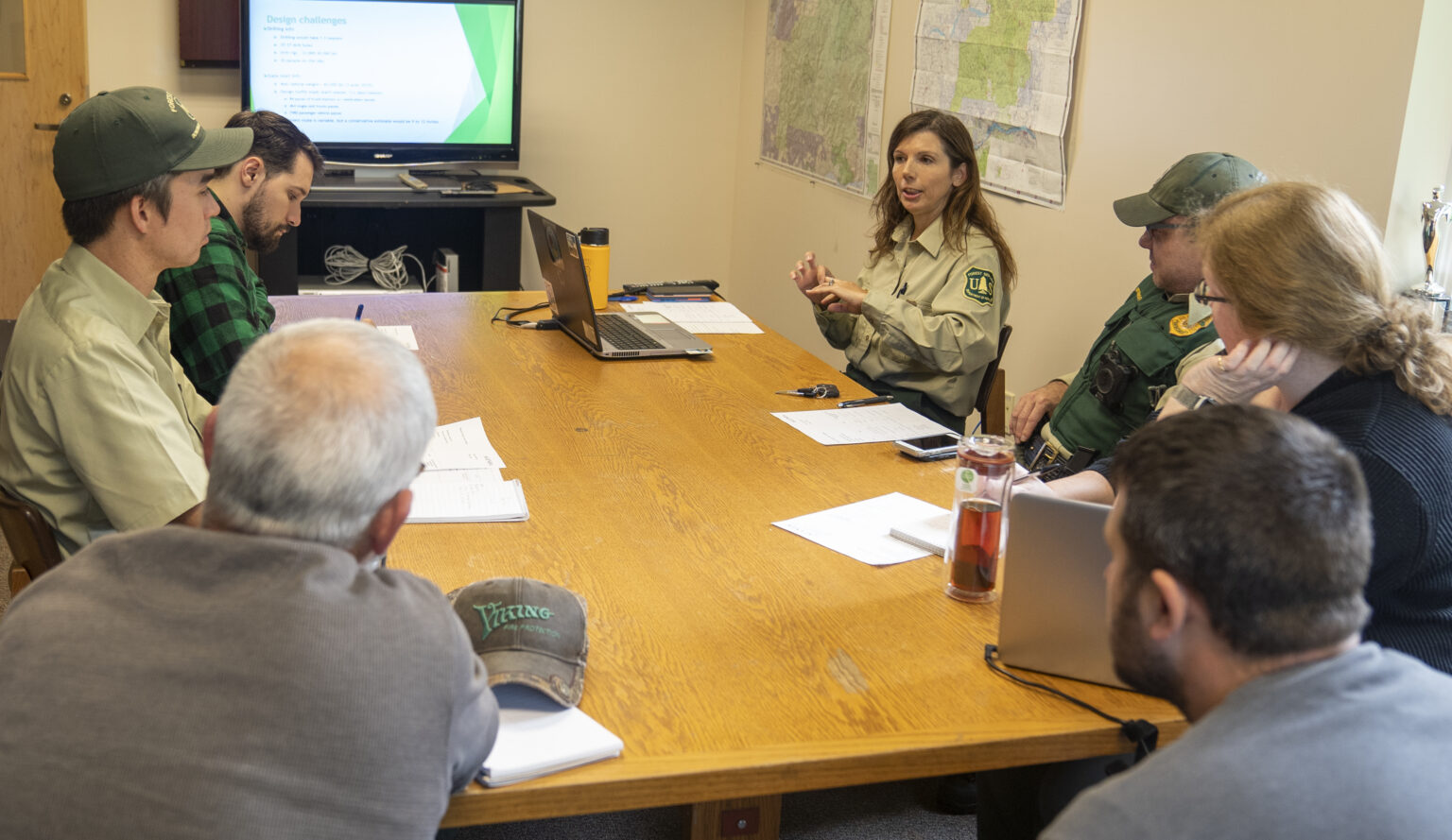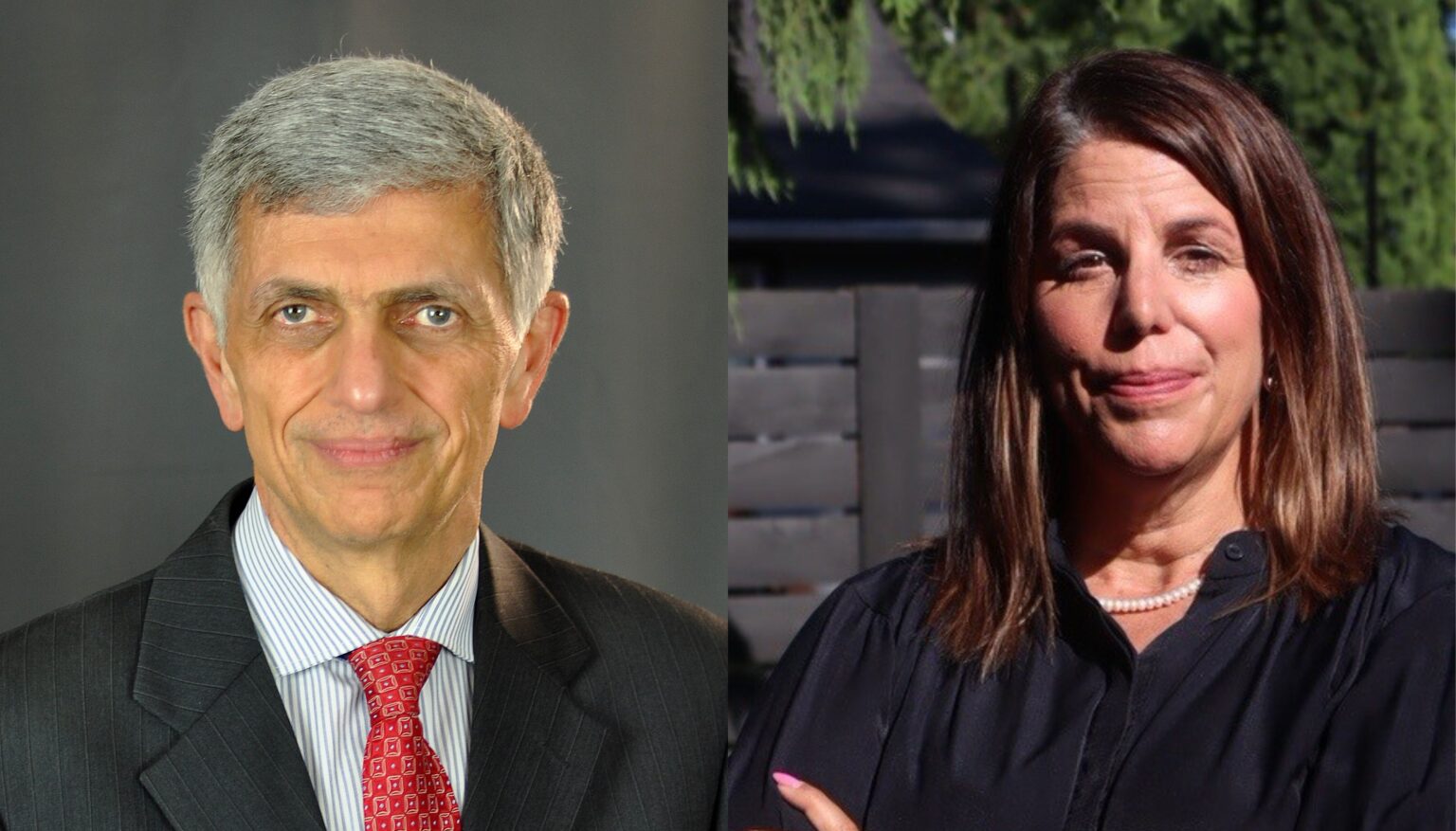For many teens, peer support is biggest life line
Published 10:39 am Monday, October 11, 2021

- mental health
While teen mental health declined during the pandemic, volunteers with one of Oregon’s biggest crisis networks stepped up to help thousands of young people.
Finn, a call taker with Oregon YouthLine, is one of over 50 volunteers providing support.
Trending
Finn discovered YouthLine, a service of Lines for Life, when he was 12 years old. Although he was too young to volunteer at the time, he knew he was interested in getting involved. Since joining in July of 2018, Finn has discovered an incredible support group and a new knowledge of empathy, communication and worldly interaction.
Throughout the pandemic, data has shown that adolescents have experienced poor mental health outcomes. Shortly after the pandemic began, more than 25% of high school students reported worsened emotional and cognitive health, according to a study conducted by the Kaiser Family Foundation.
Mental health during the pandemic may have been negatively affected by social distancing and stay-at-home orders, which led to loneliness and isolation-known risk factors for poor mental health outcomes.
But organizations like YouthLine are working proactively to combat these mental health crises.
YouthLine is a teen-to-teen youth crisis and support service provided by Lines for Life, a non-profit dedicated to preventing substance abuse and suicide, according to the YouthLine website. Through peer-supported education and outreach, youth mentorship and a peer-to-peer helpline, volunteers work to provide crisis support, as well as to destigmatize mental health challenges and encourage youth to reach out for help.
Those interested in becoming part of the YouthLine team go through intensive training to learn how to respond to contacts — individuals experiencing a mental health crisis — before they are put on the line.
Trending
Volunteers spend their shifts answering phone calls, texts, chats and emails from other teens throughout the nation who contact the crisis, support, and help line.
In 2020 alone, YouthLine volunteers spoke with and provided support for 28,000 contacts.
“YouthLine is incredibly unique because we train young adults to be able to intervene in these crises. A lot of times teenagers don’t reach out to adults for help. They want to get the support from their peers, but sometimes it’s hard because of judgment, or just fear, of how somebody is going to react,” Emily Malone, Director of YouthLine Programming, said. “There’s a relatability factor with having that teen-to-teen connection on the lines. This puts our youth in a really great place to support other youth.”
Finn is among the volunteers providing this support.
Serving as the lead volunteer on Mondays, he works seven-hour shifts, helping other volunteers with contacts, assisting supervisors with administrative tasks and talking with contacts when possible.
Finn says he wouldn’t trade the opportunity for anything.
“I think the knowledge that you’re giving back to the world is really rewarding,” he said. “There’s a lot of contacts that will get done talking and say little things like, ‘thank you so much for talking to me,’ or ‘you changed things for me,’ or ‘this has made my day.’ Things that just remind you about why you do this work. Volunteering can be draining at times, but it’s so worth it remembering the people that you’re helping.”
Natalie, another volunteer at YouthLine, has had a similar experience.
“It’s been really rewarding,” she said. “Obviously it’s pretty heavy stuff, but I feel like I’ve learned a lot and grown more confident in my abilities.”
Natalie became part of the YouthLine Team in the summer of 2021. She decided to begin volunteering during the pandemic because she realized that isolation was amplifying the struggles teens were going through.
Because YouthLine never went remote, she was able to get started right away.
Almost immediately at the beginning of the pandemic, Gov. Kate Brown deemed YouthLine an essential service based on the nature of the mental health work that the organization does. Malone said the group made a conscious decision not to move to an online environment.
“At home, there’s no supervisors, there’s no support. Part of what makes this work is that all the youth are in the room together, they can support each other, they can collaborate on calls, they have direct supervision from a master’s level clinician,” she said. “We couldn’t safely assume that it would be safe for a 17-year-old volunteer sitting in their room to take a text from another 16 or 17-year-old that was suicidal, even if there was remote support.”
Youthline has seen about a 20 to 30% increase in calls over the past 18 months. However, it is complicated to know whether that’s due to COVID or just natural growth, as the YouthLine contact volume has grown steadily over the last five to six years, Malone said.
On average, YouthLine volunteers respond to five or six contacts per three-and-a-half-hour shift. Because volunteers are interacting with a lot of difficult situations and people experiencing different crises, supervisors work hard to create an environment that is designed to be open and comforting.
“We preach and preach and preach the idea of self-care, to both our contacts and volunteers,” Finn said. “It’s so crucial that we’re taking care of ourselves because you can’t help other people if you don’t help yourself first. We’re really encouraged as well to be communicative with our supervisors, and I think that the really unique part of YouthLine being a mental health organization is that, truly, on all levels, we prioritize mental health, including among our volunteers and our staff.”
The anonymous crisis line isn’t the only mental health outlet available to teens, but some say they’re more likely to turn to a service like YouthLine than school-based counseling.
“A lot of students have mental health issues that are in some way related to school, and oftentimes directly caused by school,” Jack Aqui, a senior at Lincoln High School said. “Not having that mental separation between the problem and counseling for the problem can just make it worse. Even if we assume the problem isn’t school related, [school-based counseling] is still not the best option.”
McKenzie, a masters level clinician, is one of the YouthLine supervisors providing support for volunteers through mentorship, keeping an eye on all volunteer-contact interactions and taking over higher risk contacts.
“Crisis work is really tiring, and sometimes not knowing what happens to the people we talk to [can be challenging],” McKenzie said. “But just watching the volunteers do the amazing work that they do and seeing how empathetic and caring and passionate they are pretty astounding for me every day.”
Malone agreed wholeheartedly.
“Working with youth volunteers and seeing that they are so committed to wanting to help others is really inspiring,” she said. “What I see on a regular basis is young people, teenagers and young adults, that have resiliency and are full of hope and determination. As adults and parents and professionals, we need to remember that our young people are full of all kinds of wonderful things.”
If you are in crisis and need to talk, or are interested in learning more about YouthLine, visit Oregon YouthLine.
This story is possible because of Amplify, a community storytelling initiative of Pamplin Media Group and Care Oregon. Amplify supports summer internships for high school journalists in the Portland metro region and aims to elevate the voices of student journalists from historically underrepresented groups, such as communities of color, low-income residents and others.




